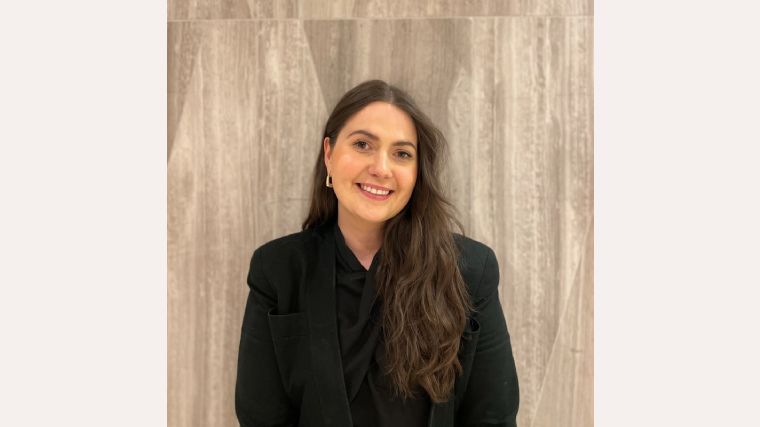Eliza Dean is our latest intern through the Melbourne Law School Public Interest Law Initiative Internship Program, which allows law students to apply their knowledge practically, while making important contributions to our work for subject credit.

Why did you want to do an internship at the McCabe Centre?
I feel strongly that my work should centre around helping others. Prior to studying law, I worked both as a critical care nurse and in heart failure research. I have a long-standing interest in chronic disease prevention and improving health outcomes, and I have always been fascinated by the relationship between the law and health. Additionally, through my postgraduate studies I learned how the law could be used to progress human rights issues. I felt the McCabe Centre’s work married these interests in a very purposeful, outcomes-driven way. I was also keen to learn more about the Centre’s broader contributions to the international health law and policy space, as the only centre of its kind utilising law and policy to prevent cancer and non-communicable diseases.
What kind of things did you do during your internship?
I’ve been fortunate to work on several research tasks focussing on law and non-communicable diseases both locally and globally. This has included research into civil society and the draft Pandemic Treaty, and summarising updates to international investment law reforms for the Centre’s online legal training course. I have also researched international case law on e-cigarettes, a developing area of law in Australia, and was able to review the McCabe Centre and Cancer Council Australia’s Human Rights Framework Submission, all of which has been incredibly insightful and rewarding work. I was fortunate enough to attend various presentations within the Centre that have expanded my knowledge on the use of international health policy and law in different jurisdictions.
What was the most interesting or surprising thing you learned?
I didn’t expect the Centre’s work to have such a broad international focus. For example, I never imagined that international investment law would be relevant to non-communicable disease prevention, but as tobacco products and alcohol are exported under trade agreements, it is incredibly relevant. I found the education sessions I attended on investment law and international arbitration processes very engaging, which has now prompted me to take a cross-border litigation subject at university to expand upon this interest.
Additionally, I learned how powerful professional relationships and networks are for knowledge building and capacity building, especially when trying to enact change at an international level.
How do you think an internship will help you with your future study/work paths?
Broadly, I hope to do meaningful work that improves outcomes for women and gender diverse people. More specifically, I think I’d like to start off in the environmental law space and continue to learn as much as I can about different areas of the law that interest me.
This internship has given me more confidence in my professional abilities as a future lawyer and exposed me to another way that law and policy can help progress and promote human rights, which has been very heartening. It has also been an invaluable opportunity to work within a team of intelligent, hard-working women. I feel very lucky to have had this experience, and I think this internship has already made me a better (future) lawyer and advocate.
Internships at the McCabe Centre are organised through our formal collaboration with Melbourne Law School. Students from Melbourne Law School interested in applying for an internship with the McCabe Centre can find more information about the opportunity here.